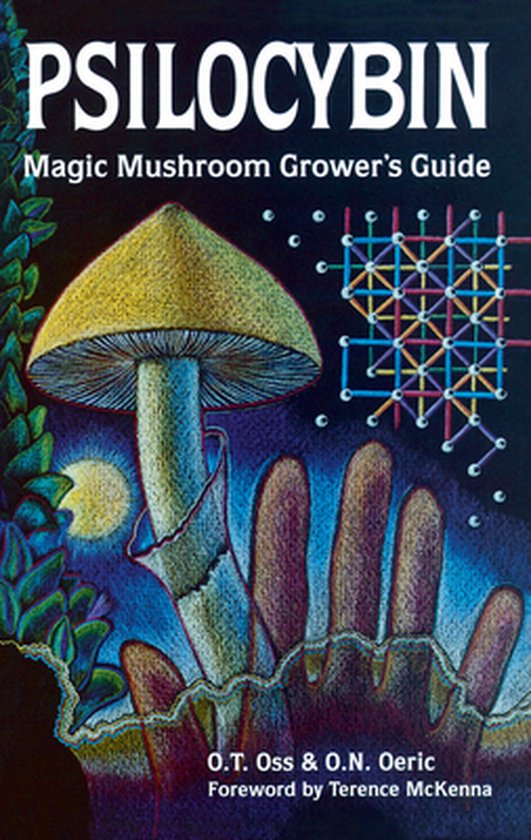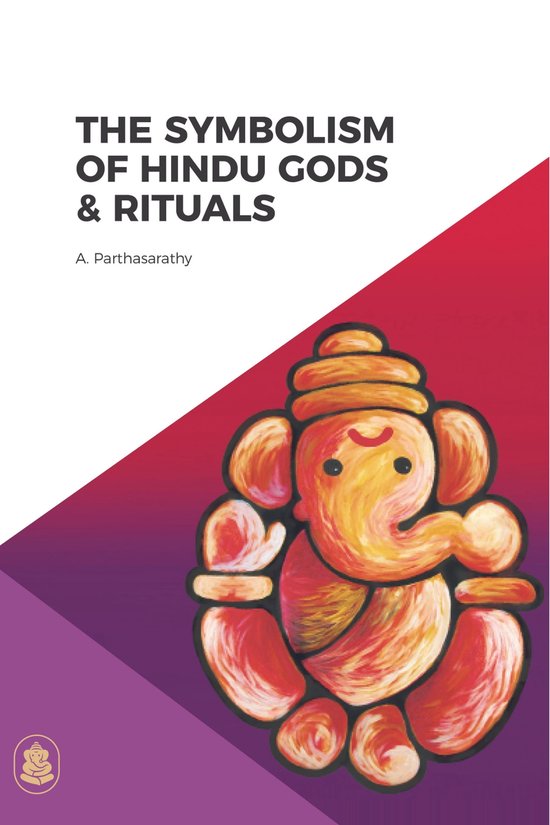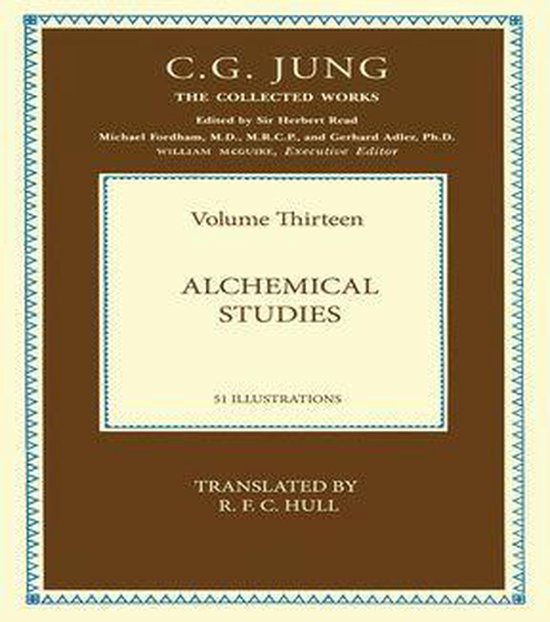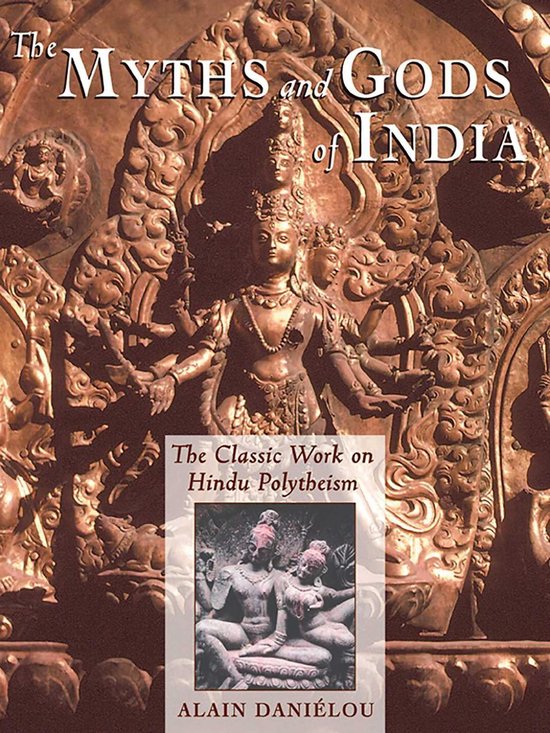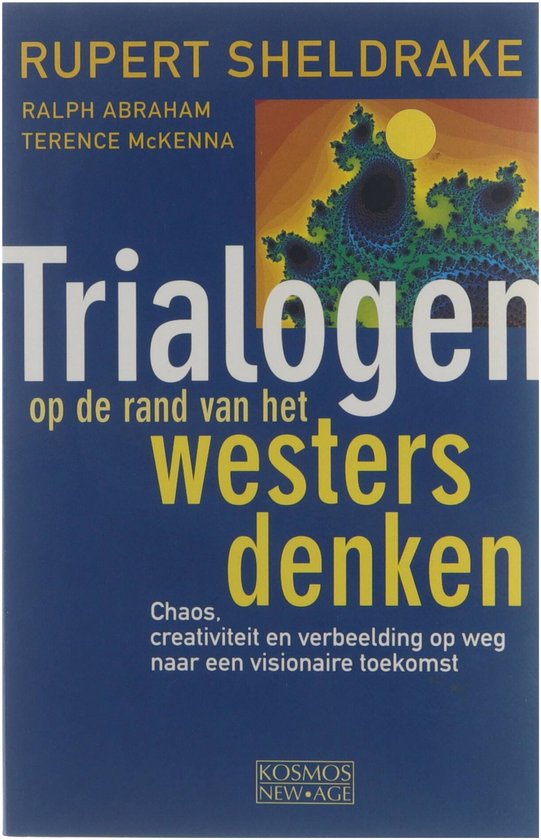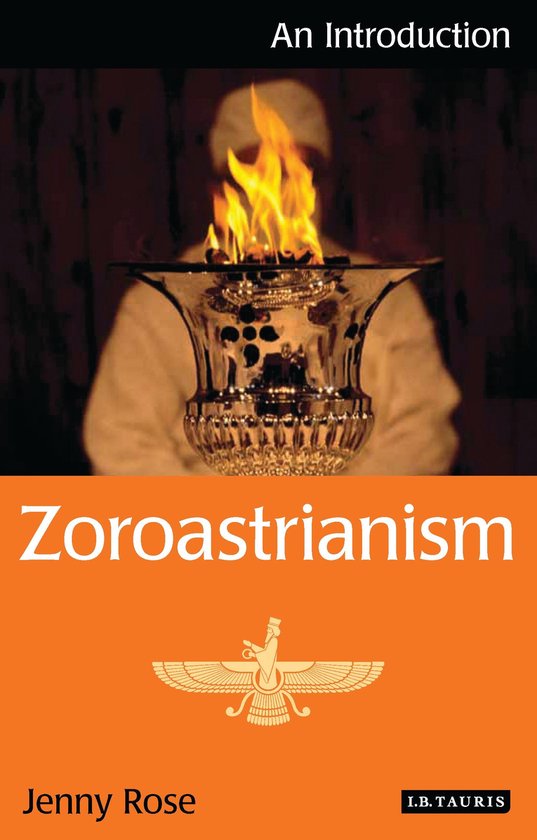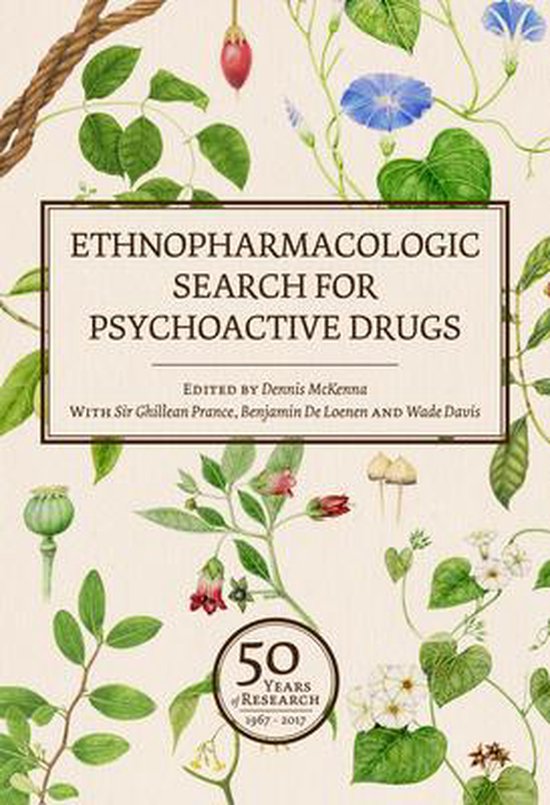
Ethnopharmacologic Search for Psychoactive Drugs (Vol. 1 & 2)
A defining scholarly publication on the past and current state of research with psychedelic plant substances for medicine, therapeutics, and spiritual uses.
Certain plants have long been known to contain healing properties and used to treat everything from depression and addiction, to aiding in on one’s own spiritual well-being for hundreds of years. Can Western medicine find new cures for human ailments by tapping into indigenous plant wisdom? And why the particular interest in the plants with psychoactive properties? These two conference volume proceedings provide an abundance of answers.
The first international gathering of researchers held on this subject was in 1967, sponsored by the National Institute of Mental Health (NIMH) and U.S. Public Health Service. It was an interdisciplinary group of specialists – from ethnobotanists to neuroscientists – gathered in one place to share their findings on a topic that was gaining widespread interest: The use of psychoactive plants in indigenous societies. The WAR ON DRUGS which intervened slowed advances in this field.
Research, however, has continued, and in the fifty years since that first conference, new and significant discoveries have been made. A new generation of researchers, many inspired by the giants present at that first conference, has continued to investigate the outer limits of ethno-psychopharmacology. At the same time, there has been a sea change in public and medical perceptions of psychedelics. There is now a renaissance in research, and some of these agents are actively being investigated for their therapeutic potential. They are no longer as stigmatized as they have been in the past, although they remain controversial. There still remains much work to do in this field, and many significant discoveries remain to be made.
So, in June of 2017, once again specialists from around the world in fields of ethnopharmacology, chemistry, botany, and anthropology gathered to discuss their research and findings in a setting that encouraged the free and frank exchange of information and ideas on the last 50 years of research, and assess the current and possible futures for research in ethnopsychopharmacology. The papers given at the 2017 Symposium, organized by Dr. Dennis McKenna, in a handsome two volume boxed collectors set represents perhaps the most significant body of knowledge in this interdisciplinary field available.
About Dennis McKenna: He is an icon amongst psychedelic explorers, working to inspire the next generation of ethnobotanists in the search for new medicines for the benefit of humanity and the preservation of the biosphere that produces what is apparent from reading these papers – a rich pharmacopeia of medicines.
Essential for academic libraries, pharmaceutical and ethnobotanical collections.
Certain plants have long been known to contain healing properties and used to treat everything from depression and addiction, to aiding in on one’s own spiritual well-being for hundreds of years. Can Western medicine find new cures for human ailments by tapping into indigenous plant wisdom? And why the particular interest in the plants with psychoactive properties? These two conference volume proceedings provide an abundance of answers.
The first international gathering of researchers held on this subject was in 1967, sponsored by the National Institute of Mental Health (NIMH) and U.S. Public Health Service. It was an interdisciplinary group of specialists – from ethnobotanists to neuroscientists – gathered in one place to share their findings on a topic that was gaining widespread interest: The use of psychoactive plants in indigenous societies. The WAR ON DRUGS which intervened slowed advances in this field.
Research, however, has continued, and in the fifty years since that first conference, new and significant discoveries have been made. A new generation of researchers, many inspired by the giants present at that first conference, has continued to investigate the outer limits of ethno-psychopharmacology. At the same time, there has been a sea change in public and medical perceptions of psychedelics. There is now a renaissance in research, and some of these agents are actively being investigated for their therapeutic potential. They are no longer as stigmatized as they have been in the past, although they remain controversial. There still remains much work to do in this field, and many significant discoveries remain to be made.
So, in June of 2017, once again specialists from around the world in fields of ethnopharmacology, chemistry, botany, and anthropology gathered to discuss their research and findings in a setting that encouraged the free and frank exchange of information and ideas on the last 50 years of research, and assess the current and possible futures for research in ethnopsychopharmacology. The papers given at the 2017 Symposium, organized by Dr. Dennis McKenna, in a handsome two volume boxed collectors set represents perhaps the most significant body of knowledge in this interdisciplinary field available.
About Dennis McKenna: He is an icon amongst psychedelic explorers, working to inspire the next generation of ethnobotanists in the search for new medicines for the benefit of humanity and the preservation of the biosphere that produces what is apparent from reading these papers – a rich pharmacopeia of medicines.
Essential for academic libraries, pharmaceutical and ethnobotanical collections.
| Auteur | | |
| Taal | | Engels |
| Type | | Hardcover |
| Categorie | | Mens & Maatschappij |
